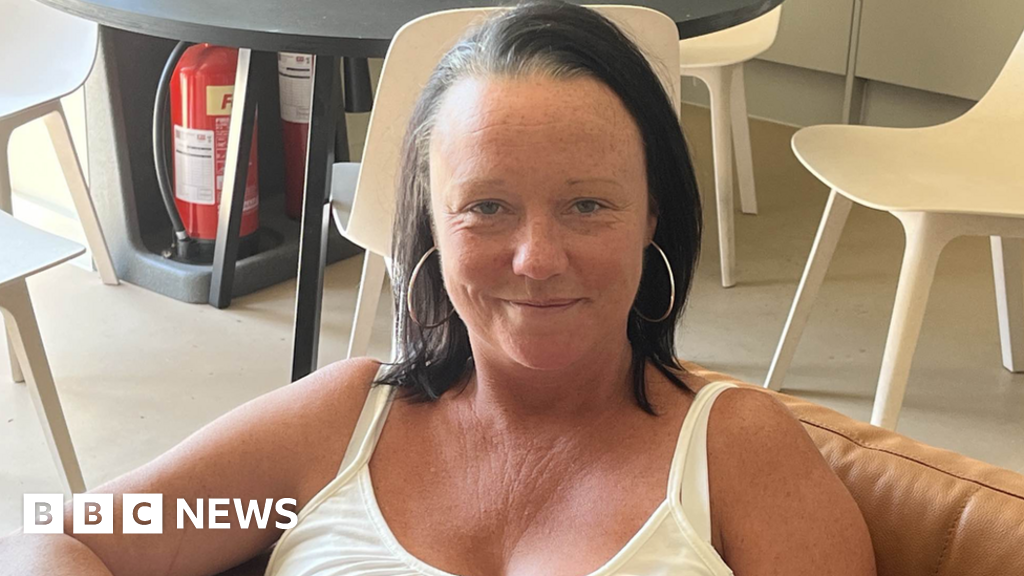LGBTQ+ Winemakers and Advocates Push For Representation — Not Pinkwashing — In the World of Wine

This Pride Weekend, plenty of wine will be sipped by LGBTQ+ people and their allies at parties around the country. But a new generation of winemakers, wine sellers, and advocates are trying to raise awareness among consumers about where their wine comes from, and to push for more representation in an industry with a longstanding reputation of being cis, white, straight, and male.
San Francisco is at the epicenter of a growing movement in which female and queer winemakers are being increasingly centered and spotlit — and many of these winemakers are focusing on the trend toward natural wine. Within this movement is a push for both representation and diversity, on wine lists as well as in tasting rooms and wine bars, as well as a growing conversation around less invasive, less manipulative modes of making wine.
You could say that there is some kinship there, between a group of marginalized wine lovers and winemakers who have had to fight for much of their lives to be who they inherently are, and the practice of letting grapes and terroir show off what they inherently are — and not forcing them to be something they’re not.
“There’s a really cool new-wave of (mostly) women making really interesting natural wines right now,” says Michael Wells, wine director at SF’s LGBTQ social club The Academy. “It’s really growing a lot — and San Francisco is definitely the center of it.”
Wells has curated a wine list at the Academy that is committed to representation, featuring only female and/or LGBTQ+ and/or BIPOC winemakers — and making sure to avoid wineries whose owners give to anti-LGBTQ causes or candidates.
As he says, there’s been a much greater emphasis in the last couple of years on this kind of representation.
“People have started really caring about who is making the wine,” Wells said. “Maybe it didn’t matter as much before, but when we started looking introspectively through the Black Lives Matter movement especially, the wine community realized that most wine was being made by cis-white-straight male winemakers. And now, less mainstream circles of wine are being amplified.”
One person in the Bay Area trying to raise the profiles of female and queer winemakers is Pamela Busch, who founded the social-justice nonprofit The Vinguard.
“What’s most important is making our presence known in parts of the country with high wine consumption that are simultaneously implementing regressive policies towards LGBTQ+ people, such as Florida and Texas,” Busch says.
The Vinguard puts on an annual event called WINeFare, featuring women who make or import natural wine. And The Vinguard also joins with Co-Fermented, a local group founded by Darwin Acosta devoted to “creating awareness and facilitating representation for the LGBTQIA+ community within the wine industry,” to put on an event called Wine Flare, an event specifically focused on queer-identified winemakers and importers.
“There are more ‘out’ queer people in the wine industry than when I first got into it 33 years ago, no question,” Busch says. “This is true of most fields, so I wouldn’t say it’s indicative of wine being more progressive than other professions.”
Busch adds that “there’s a lot of pinkwashing” in the industry too. “You’ll find wine companies that hire LGBTQ+ people for management positions or do something else that presents a friendly public face but [then they] also give money to politicians trying to suppress the gains we’ve made, especially for trans people.”
Wells believes that while not every member or guest at The Academy may care about anything aside from how a wine tastes to them, he’s gearing his wine selections to wine drinkers who do care, and who want to feel seen and represented in spaces like this.
“For the lesbian wine drinker, for instance, coming in to a club like this and who may start by feeling more marginalized, it’s important to them to find out that every glass on the list is coming from a female or queer winemaker or a winemaker of color,” Wells says.
Some of Wells’s favorites include Sonoma winery Eco Toreno, which was founded by Mark Lyon, one of the first openly gay vineyard owners and winemakers in the county; and Gary Farrell, the Russian River winery where queer winemaker Theresa Heredia makes his favorite Pinot Noir.
A new favorite is local rising natural wine star Terrah Bajjalieh, a queer female winemaker and certified sommelier who has recently launched her own natural wine brand, Terah Wine Co.
Terah wines are all very small-production, using only organic grapes, and they range from a funky, orange-style Pinot Gris to a very delicious and refined-tasting old-vine Grenache. She also leans into varietals not often found in California, like a Verdejo made with grapes from a farm in Paicines, in San Benito County.
With diversity in winemakers comes diversity in offerings too, and Bajjalieh’s label is indicative of that. She’s made a wine for two years now, “a new low ABV cuvée I call Agua Fresca,” she says. It’s a “wine tea” made from grape pumice, otherwise known as piquette, and while it’s becoming trendy among the natural wine set, Bajjalieh says for her it’s “an ode to Mexican food and culture, their support in agriculture, which I have a deep affection for being a Bay Area native.”
So, this Pride season, head to a wine bar or wine shop stocking some of these wines — Bottle Bacchanal in the Castro is a good place to start, or the women-owned Decant SF in SoMa — and show your support for the burgeoning queer wine world.
“Even though there are more queer wine professionals now than in the past, our industry is still rife with inequities toward people of color, women, and vineyard workers,” Busch tells us. “So, while we might take the time to celebrate Pride this weekend, the fight continues on Monday in solidarity with all marginalized groups.”


/cloudfront-us-east-1.images.arcpublishing.com/gray/XNDYNMYZJRDT7FHVLR636U2HAY.jpg)









